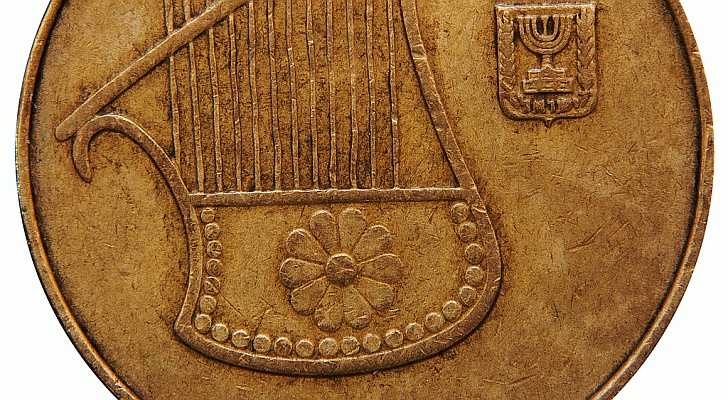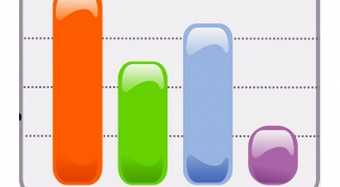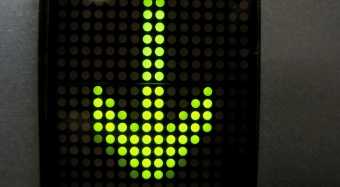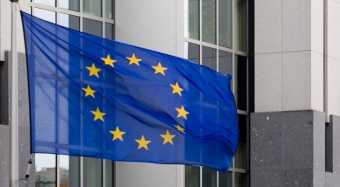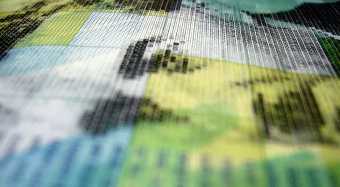The Bank of Israel Monetary Committee, headed by Governor Dr. Karnit Flug, has kept the interest rate for January 2015 unchanged at 0.25%, in line with analysts' expectations.
The decision to keep the interest rate for January 2015 unchanged at 0.25% is consistent with the Bank of Israel's monetary policy, which is intended to return the inflation rate to within the price stability target of 1–3% a year over the next twelve months, and to support growth while maintaining financial stability.
The path of the interest rate in the future depends on developments in the inflation environment, growth in Israel and in the global economy, the monetary policies of major central banks, and developments in the exchange rate of the shekel. The following are the main considerations underlying the decision:
The rate of inflation as measured over the previous 12 months was negative 0.1%, compared with negative 0.3% over the 12 months ending in October. Excluding the expected effect of a reduction in electricity and water prices, inflation expectations for the coming year from the various sourcesare near the lower bound of the inflation target range. According to the Research Department’s staff forecast, the inflation rate in 2015 is expected to be 1.1%, and net of the effect of the electricity and water price reductions it is expected to be 1.5%.
Indicators which became available this month point to a recovery in activity after Operation Protective Edge, with the economy’s expected return to its path of growth from before the operation expressed in a relatively high growth rate in the coming quarters. Partial data from the fourth quarter Companies Survey support this assessment, and the Composite State of the Economy Index continues to increase at the moderate rate that has characterized it since the beginning of the year. All labor market indicators also signal continued improvement. Based on the Research Department’s staff forecast, growth in 2015 is expected to be 3.2%.
There was considerable volatility in the foreign exchange market this month. Over the course of the month, the shekel appreciated by 0.2% in terms of the nominal effective exchange rate, and weakened by 2% against the dollar. Since the beginning of August, when the trend of depreciation in the effective exchange rate began, the shekel has weakened by 6.9%, and it has depreciated by about 3.7% since the beginning of the year. Continued depreciation will support a recovery in exports and in the tradable sector as a whole, and is expected to contribute to returning the inflation rate to within the target range.
There are increasing signs that the US recovery is solidifying, while weakness continues in Europe, Japan and most emerging markets. The crisis in Russia was expressed in increased volatility in global financial markets. The decline in energy prices is expected to continue to reduce global inflation and to support the economic recovery. Financial markets are pricing in an initial increase in the US federal funds rate in the third quarter of 2015; in Europe and in other economies, monetary easing continues.
Home prices increased sharply in September-October, even before the announcement of the cancellation of the zero-VAT plan, and it appears that there is an increase in the rate of mortgages being taken out and in new home sales. There were sharp increases in the number of building starts and building completions in the third quarter.
